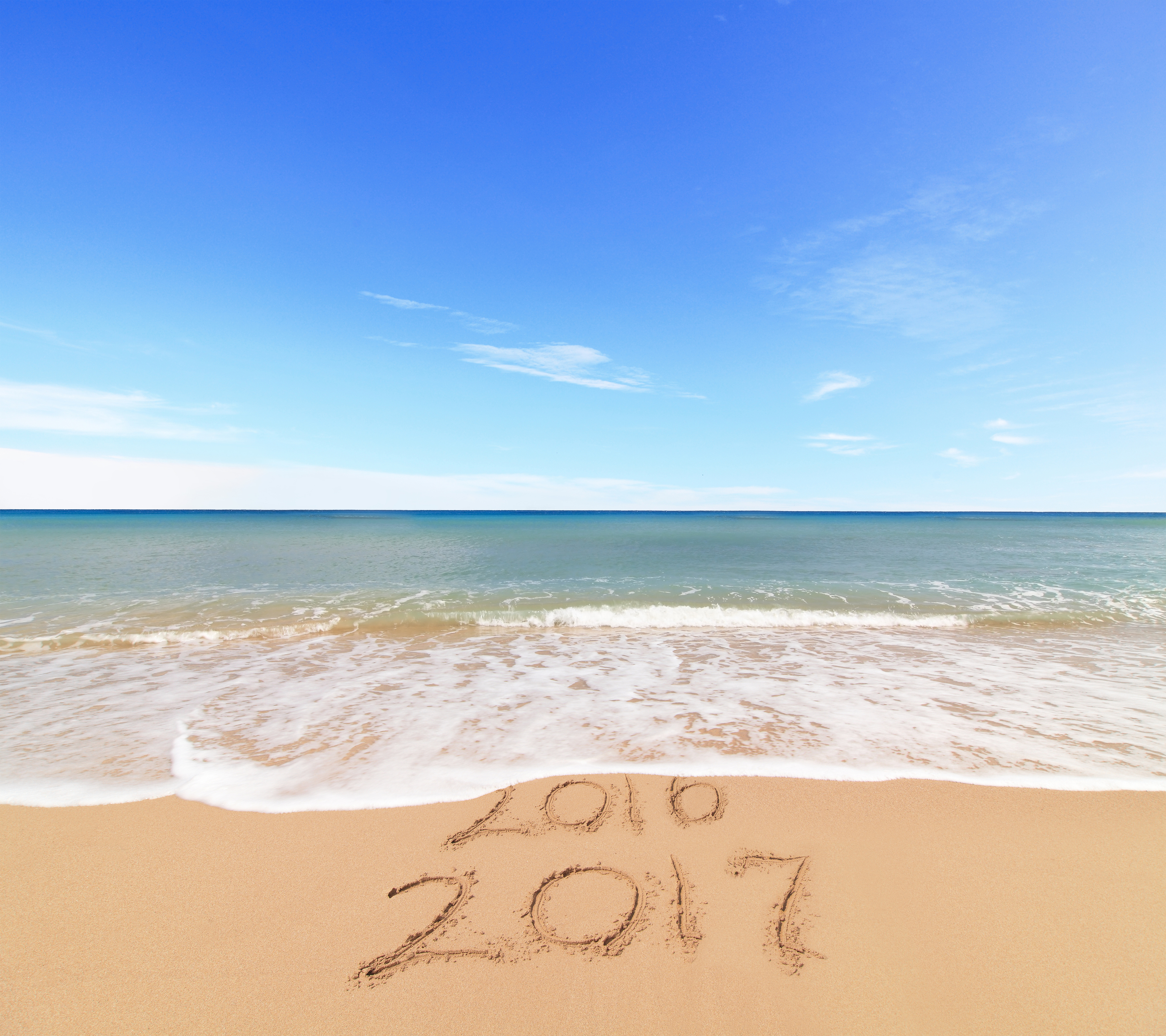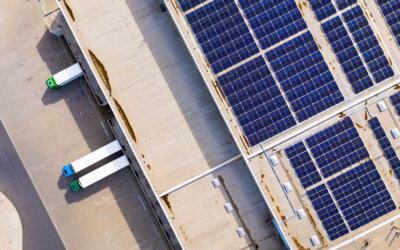History books will one day decide the legacy of the year 2016, but one thing is certain – it will be a year remembered for making major headway in the battle against climate change. While there’s still an enormous amount of work to be done to protect the planet, the global initiatives outlined in the Paris Climate Agreement are a clear indication that world powers are working together to build a more sustainable, greener planet.
On an individual level, in 2016, many people committed to purchase carbon offsets, renewable energy certificates (RECs) and water restoration credits (WRCs) to offset their personal and corporate carbon footprints. These products (carbon offsets, WRCs and RECs) support renewable energy and sustainability projects, but each has a different mission.
Carbon offsets are purchased to fund projects that reduce and diminish the impact of your own green house gas emissions. For the price of a few cups of coffee, each month, you can completely offset your personal carbon emissions with the Terrapass Carbon Offsets Monthly Subscription.
RECs are Renewable Energy Credits or “Green Tags.” How do RECs work? RECs can be bought, sold and traded within the United States and are proof (RECs are assigned unique ID numbers that can be tracked) that one megawatt-hour (equal to 1,000 kilowatt-hours) of electricity was created using a renewable energy source like solar, wind or water. But it doesn’t end there. That one megawatt-hour (the equivalent of powering 330 homes for one hour) of green electricity is delivered into the big pool of electricity where we all swim (aka The Power Grid) and is then made available for purchase either in the form of RECs or as regular power.
When you purchase regular power from the grid, you are buying comingled energy – a mix of green energy and fossil fuel-sourced power. When you purchase RECs, you are effectively segregating the power allocated to your home as that supplied by green sources.
WRCs are Water Restoration Certificates. In partnership with the Bonneville Environmental Foundation, Terrapass allows you to balance out your water usage, aka your “water footprint,” and support sustainable water use. For every $2 you invest, 1,000 gallons of water are restored to critically depleted ecosystems. The projects supported by BEF WRCs must meet a strict set of criteria to ensure water restoration for social and/or environmental purposes. BEF WRCs support sustainable water use across the U.S., making it a cleaner, greener place to live.
If one of your New Year’s resolutions is to do your part to guard against climate change, purchasing carbon offsets, RECs or WRCs are an inexpensive, easy place to start. These products allow you to contribute to building a better planet, even if you can’t always commit to living a zero waste, 100 percent renewable lifestyle.
For more eco-friendly lifestyle tips, information and ideas, stay connected to the Terrapass Footprint Blog. And don’t forget to follow us on Twitter and like us on Facebook, where we’re always sharing news and knowledge for living in sustainable, green style.
Brought to you by terrapass.com








